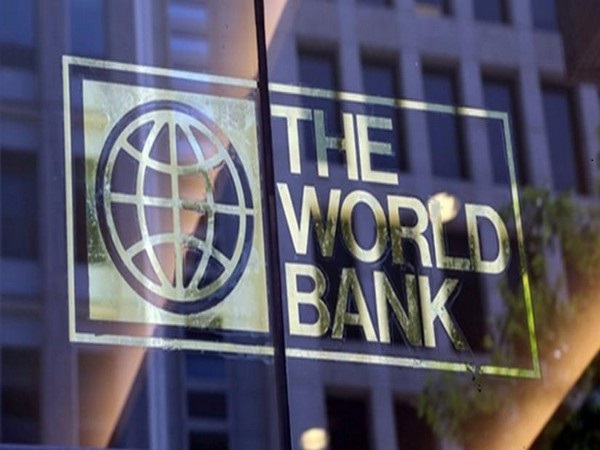NCCF to sell tomatoes at Rs 60 per kg from July 29; aims to provide cost relief to consumers
Jul 27, 2024

New Delhi [India], July 27 : The National Cooperative Consumers' Federation of India Ltd. (NCCF) has announced that it will start retailing tomatoes at Rs 60 per kilogram.
According to a press note, the consumer-centric initiative, aimed at stabilising the market and reducing retail prices, will commence on July 29 across various locations in Delhi and the National Capital Region (NCR).
Anice Joseph Chandra, managing director, NCCF, confirmed that from Monday, July 29 onwards, tomatoes will be available at Rs. 60 per kilogram at several locations, including Krishi Bhawan, CGO Complex, Lodhi Colony, Hauz Khas Head Office, Parliament Street, INA Market, Mandi House, Kailash Colony, I.T.O, South Extension, Moti Nagar, Dwarka, Noida Sector 14 and Sector 76, Rohini, and Gurugram.
The current retail prices of tomatoes range between Rs 100 to Rs 120 per kilogram in various markets, causing financial strain on consumers.
The NCCF's initiative is designed to provide significant relief by offering tomatoes at nearly half the prevailing market rates.
The effort by NCCF aims to reduce retail prices in the Delhi NCR region, providing significant relief to consumers.
The mega sale will expand to other locations in Delhi NCR in the coming days.
This initiative underscores NCCF's commitment to supporting consumers amidst rising food prices and stabilising the market.
By targeting multiple high-footfall locations, NCCF aims to ensure widespread accessibility and convenience for consumers.
On July 9, a report indicated that tomato prices are expected to rise further across northern India, including Uttar Pradesh, Delhi NCR, and Haryana.
This increase was attributed to damage sustained by tomato crops due to heavy rainfall in the Muradabad region, a major hub for tomato cultivation.
The excessive rains had severely impacted tomato fields, leading to widespread crop destruction.
Farmers in the area previously reported to ANI that tomatoes are rotting on the plants, and the waterlogged fields are causing further decay.
Consequently, many farmers are forced to uproot their tomato crops to prepare the land for alternative types of cultivation.



















